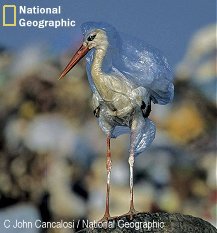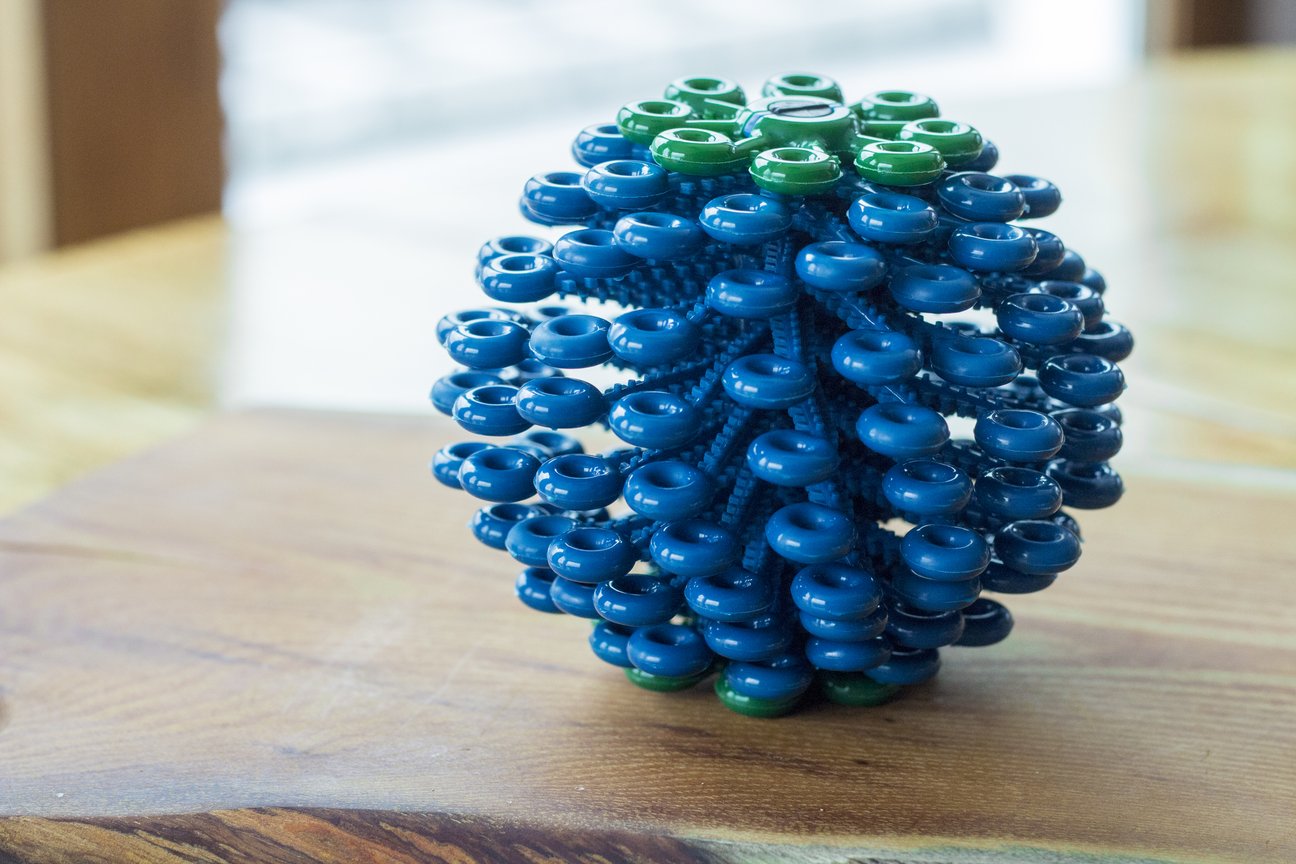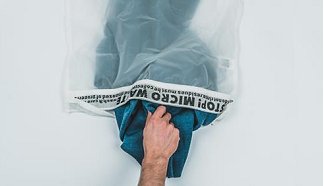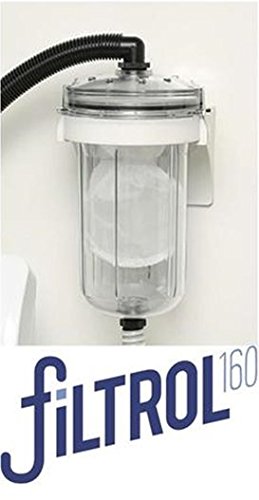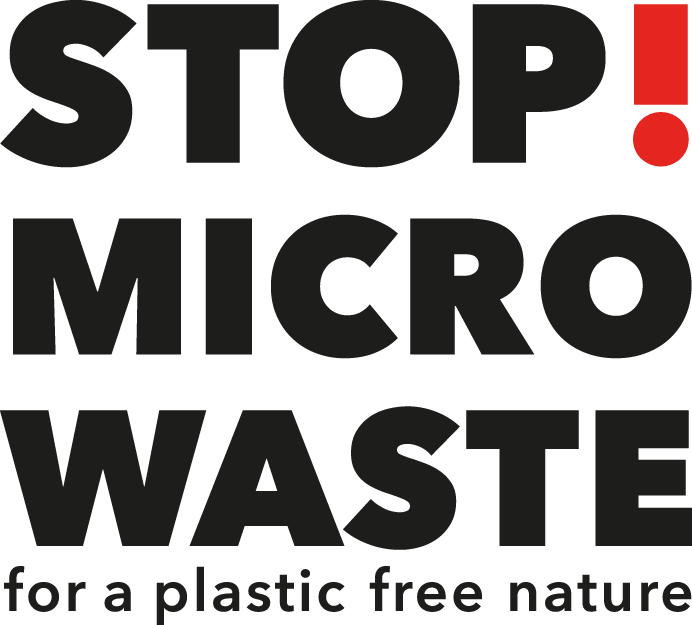Feedback: enquiry@notjustonce.org
Microfibres from Clothes Washing
Water treatment filter plants around the country can remove 65 - 90% of textile fibre fragments from waste water, but they are then contained within the (mostly organic) sludge residue, that is either applied to the land as fertiliser, or dumped at sea(!). We need to ask how that can be improved?
How can we help?
At home, an obvious first move is to consider whether clothes are being washed more often than necessary? There is a potential saving of water, and energy used too.
Shorter, gentler, wash programs and lower temperatures release fewer fibres.
Wait until you have a full load for your machine; the clothes move around less, and break off fewer fibres.
Tumble drying is best avoided as it beats the fabric, making fibre damage more likely. If you can dry your clothes on an indoor airer or outdoor clothes line, that risk is minimised - and you save energy too.
If your machine has a lint filter, don't clean it out by washing the lint down the drain; put it in a bin.
Acrylic garments shed about 50% more fibres than Polyester garments.
The first wash of a new garment releases significantly more fibres than susbequent washes; Think twice before replacing a serviceable garment with a new one.
There are a couple of products which aim to retain microfibres from clothes washing machines:-
Coraball £25
A 10cm diameter recycled plastic ball, which claims to retain 25-33% of
fibres in every wash. You pick them out of the ball when they have
accumulated.
GuppyFriend £25
Claimed retention of around 80% of fibres
here
The fibres accumulate in the corners of the bag, where you can pluck
them out and bin them.
An outlet water filter available for about $150 in the USA. more
Has anyone any experience of using these products?
Better ideas?
The HUBBUB
website offers some good videos
![]()
Help With The Washing have a good overview of
the problem
and some solutions
here

Ocean Cleanwash has an analysis of the problem.
Parliamentary sub-committee report on
Microplastic prevention and solutions
Technical Background Document here
Feedback Welcome: enquiry@notjustonce.org


